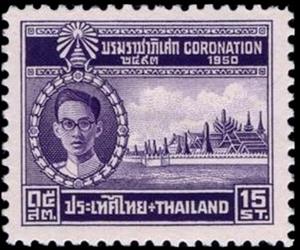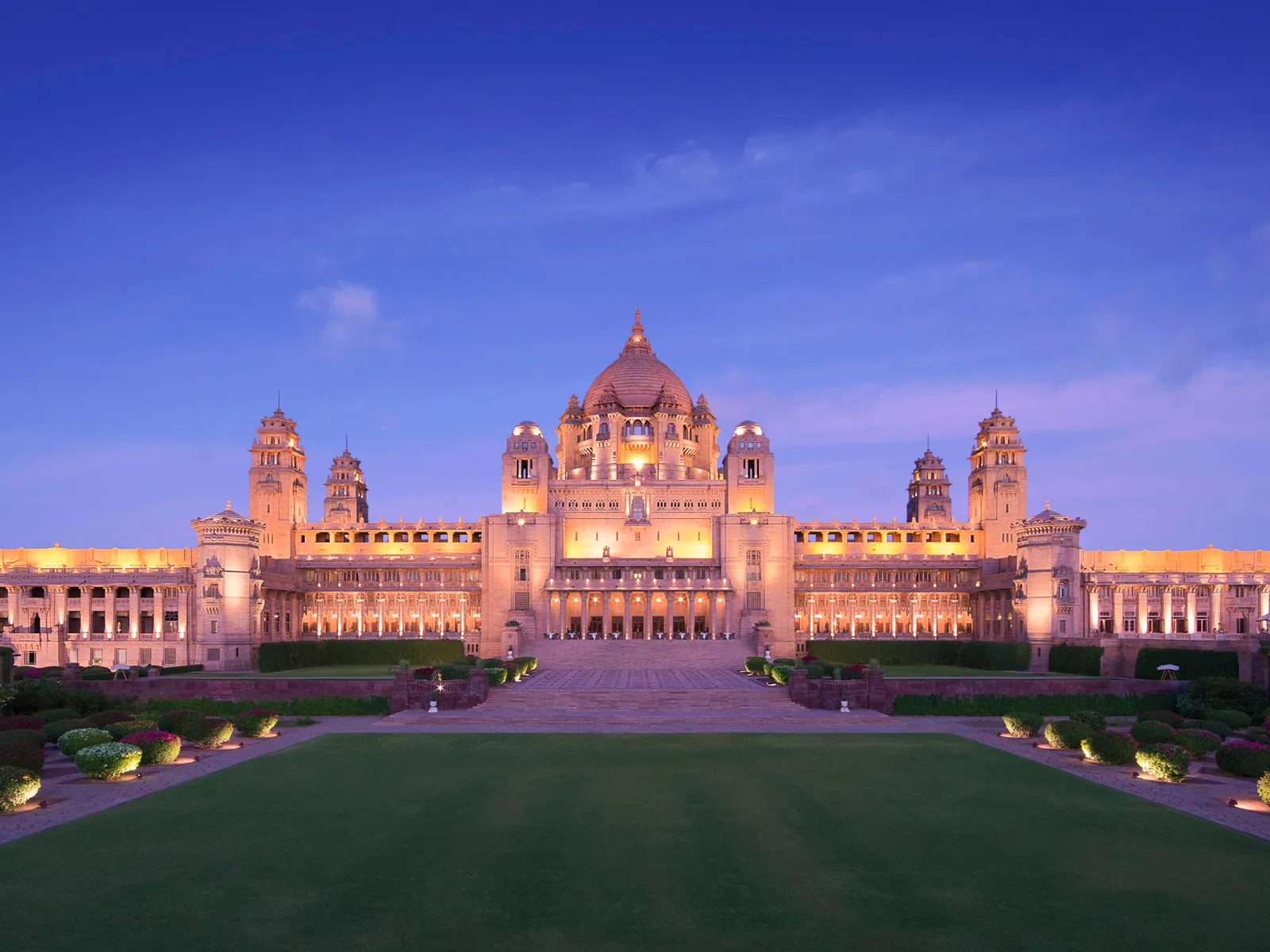Stamp: King Bhumibol Adulyadej and Palace (Thailand 1950)
King Bhumibol Adulyadej and Palace (Thailand 1950)
01 October (Thailand ) within release King Bhumibol Adulyadej and Palace goes into circulation Stamp King Bhumibol Adulyadej and Palace face value 15 Thai satang
| Stamp King Bhumibol Adulyadej and Palace in catalogues | |
|---|---|
| Michel: | Mi:TH 276 |
Stamp is square format.
Stamp King Bhumibol Adulyadej and Palace it reflects the thematic directions:
King is the title given to a male monarch in a variety of contexts. The female equivalent is queen regnant (while the title of queen on its own usually refers to the consort of a king). In the context of prehistory, antiquity and contemporary indigenous peoples, the title may refer to tribal kingship. Germanic kingship is cognate with Indo-European traditions of tribal rulership (c.f. Indic rājan, Gothic reiks, and Old Irish rí, etc.) In the context of classical antiquity, king may translate Latin rex or either Greek archon or basileus. In classical European feudalism, the title of king as the ruler of a kingdom is understood as the highest rank in the feudal order, potentially subject, at least nominally, only to an emperor (harking back to the client kings of the Roman Empire). In a modern context, the title may refer to the ruler of one of a number of modern monarchies (either absolute or constitutional). The title of king is used alongside other titles for monarchs, in the West prince, emperor, archduke, duke or grand duke, in the Middle East sultan or emir; etc. Kings, like other royalty, tend to wear purple because purple was an expensive color to wear in the past.
A palace is a large residence, often serving as a royal residence or the home for a head of state or another high-ranking dignitary, such as a bishop or archbishop. The word is derived from the Latin name palātium, for Palatine Hill in Rome which housed the Imperial residences


